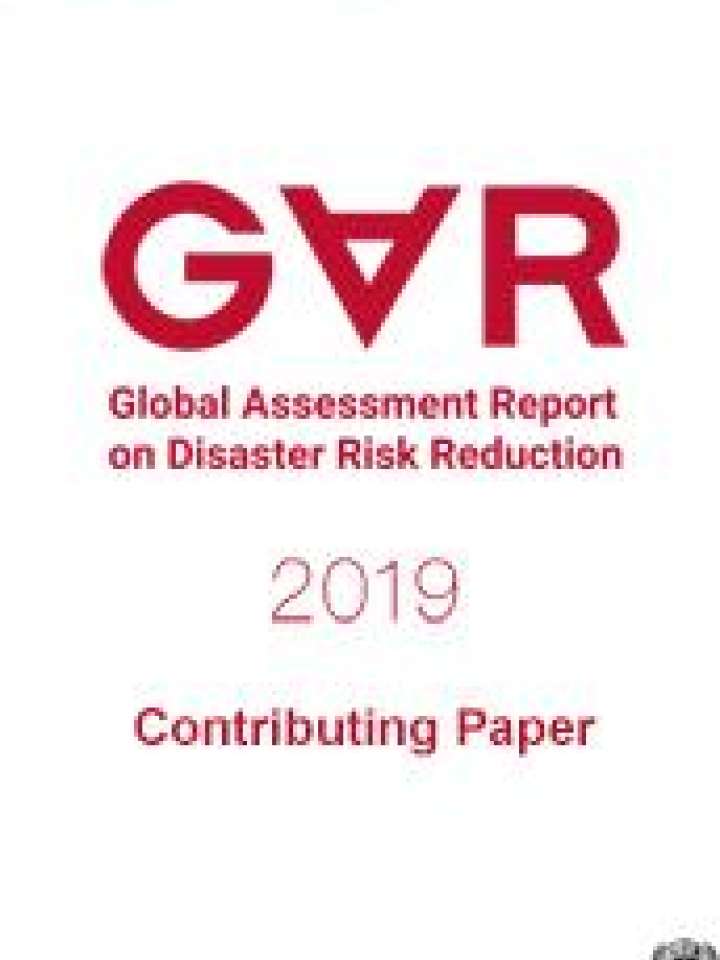Disaster risk reduction strategies for pluvial & fluvial flood resilience in Chennai city
Due to rapid urbanization and industrialization, modifications in land use pattern have brought about irreversible anthropogenic aggravations to the hydrological forms. This can be attributed to the impervious land surfaces in the urban area which increases the runoff component. The increased runoff along with diminishing percolation and reduction in the time of concentration influences the hydrological cycle thereby increasing the hazard of urban flooding in cities. Further, changes in the global climate pattern and local extreme weather events (pluvial patterns) exacerbate the problem of urban flooding which is being experienced throughout the world. Invincible vagaries of nature impel one to essentially address complications vis-à-vis urbanization (Urban sprawl) and land management.
This study analyses the rainfall trends, watershed behaviour, characteristics of land cover, and drainage pattern that stimulated the occurrence of flood events in the Adyar basin, Chennai, specifically the 2015 event. The entire process of flood stimulation has been carried out through computer-based modeling using GIS, hydrology and hydraulic tools. Key findings were made by interchanging the value of the parameters (rainfall and reservoir data) between 2005 and 2015 CN grid (combination of Land cover class and Hydrological soil group) to understand the impact of the land cover change in the ten years’ time frame and to assess the management issue of the reservoir. A flood inundation map was generated in HEC-RAS environment with the knowledge of discharge data, versus time and characteristic parameters of the river. This helped in the identification of risk-prone areas and future scenarios for 2035 were generated taking into cognition the demographic and physical growth of the city to predict the consequence of flood in the Adyar basin, Chennai.
Further sustainable mitigation and disaster risk reduction strategies using both engineering and non-engineering measures were formulated towards building resilience to such pluvial events in Chennai as a consequence of global climate change. This research paves the way for better Urban Land Management practices that would make the city of Chennai resilient to both pluvial and fluvial flood events.
This paper is a contribution to the 2019 edition of the Global Assessment Report on Disaster Risk Reduction (GAR 2019).
To cite this paper:
Kathiravan, M.R.; Paul, S.K. Disaster risk reduction strategies for pluvial & fluvial flood resilience in Chennai city. Contributing Paper to GAR 2019
